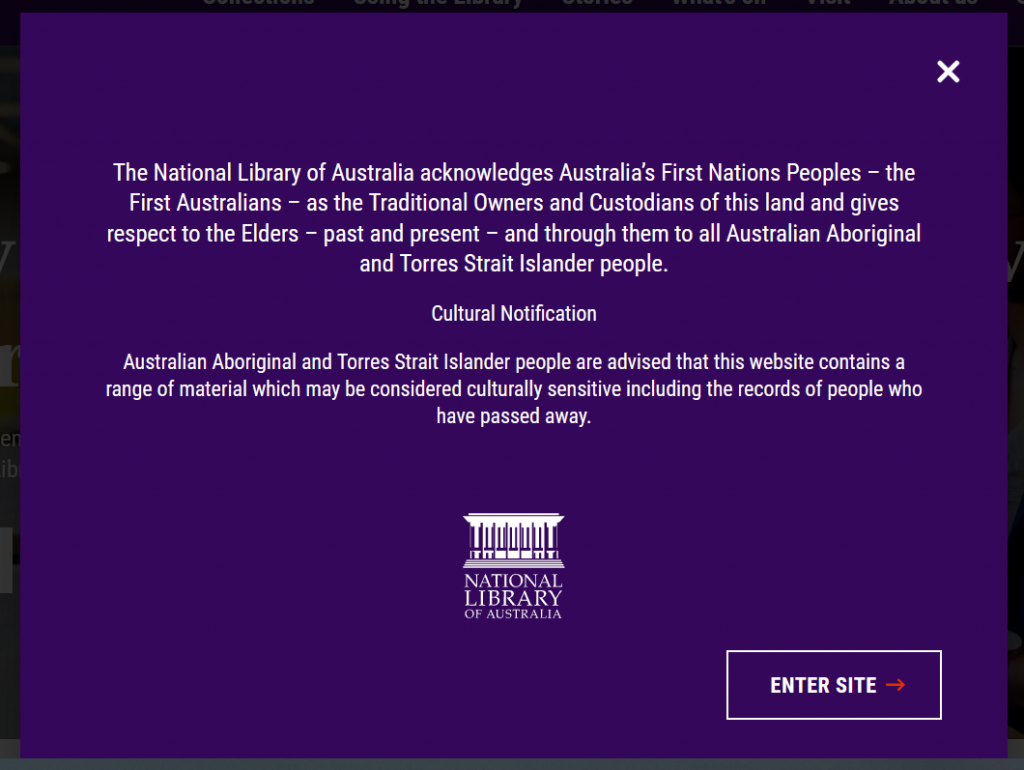Practical Examples
The following research situations are experiences of the ethnologist Hansjörg Dilger during his research in Tanzania (2009/2010 and 1999/2000).
Example 1: Research in Tanzania (2009-10)
„The first example concerns my research at a primary school in Dar es Salaam (2009–10). This school was established in the mid-1990s by the pastor of a large Pentecostal church and remains highly sought after by the urban middle class due to its promise of academic success and ‘moral education.’ During the research process, I discovered, among other things, that problematic working conditions prevailed at the school, as teachers were not given employment contracts and were not allowed to organize in unions without risking dismissal. This raised several questions for me: Should I write about these problematic findings in my research, potentially harming the pastor who had been very accommodating in granting me access to the daily life of her school? Would such a publication not also endanger the teachers themselves, who were highly critical of these conditions but already stated that they were under immense pressure? Should I avoid mentioning the school’s name in later publications to prevent singling out this particular institution for criticism? After all, it was not the only school in the country facing similar issues due to neoliberal structural reforms.“ (Dilger, 2020, p. 283).
Example 2: Research in Tanzania (1999-2000)
„The second example comes from my field research on the experience of illness and death from HIV/AIDS in the context of rural-to-urban migration in Tanzania (1999–2000). In rural areas, I was confronted with situations where I became aware of the possible infection of third parties by HIV-positive individuals. This raised a particularly pressing ethical question regarding my own responsibility. In one case, it concerned a young woman who had tested HIV-positive after repeated illnesses in the hospital. While the healthcare staff had informed parts of her family about the result, the young woman herself had not been told due to concerns that the information would emotionally ‘overwhelm’ her. After she became pregnant and gave birth to a seemingly healthy child, she asked me for help: she wanted to take an HIV test at the local hospital, which the responsible counselor had allegedly refused to provide. It was clear that taking such a step would go against the wishes of her family, who had explicitly told me that she should not be informed of her HIV status. However, I asked myself: Could knowing her diagnosis help her prevent a possible HIV infection of her child if she stopped breastfeeding in time? Could learning about her HIV status actually bring emotional relief, as it would resolve the uncertainty she had about the persistent illnesses she had been suffering from?“ (ibid.).
These examples illustrate that while standardized procedures for ethical reviews are necessary to institutionally and legally protect research participants and ensure their dignity, ethnographic research contexts are often complex and multifaceted. Research ethics questions cannot always be satisfactorily answered using ethical guidelines and regulations alone.
Example 3: Example of the application of the CARE principles
An example of the application of the CARE principles is the National Library of Australia, which emphasizes the respectful handling of sensitive content and materials in research involving Australian Aboriginal communities:

Source: Homepage of the The National Library of Australia, 2023, All rights reserved
